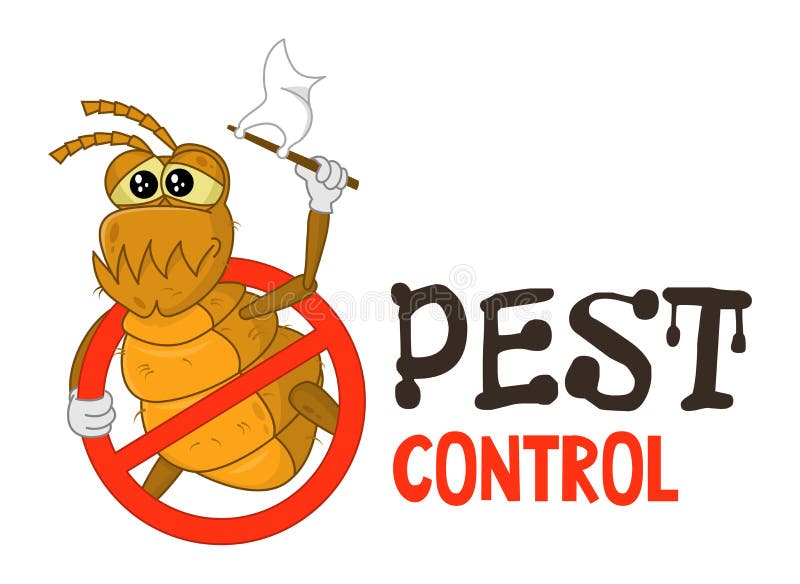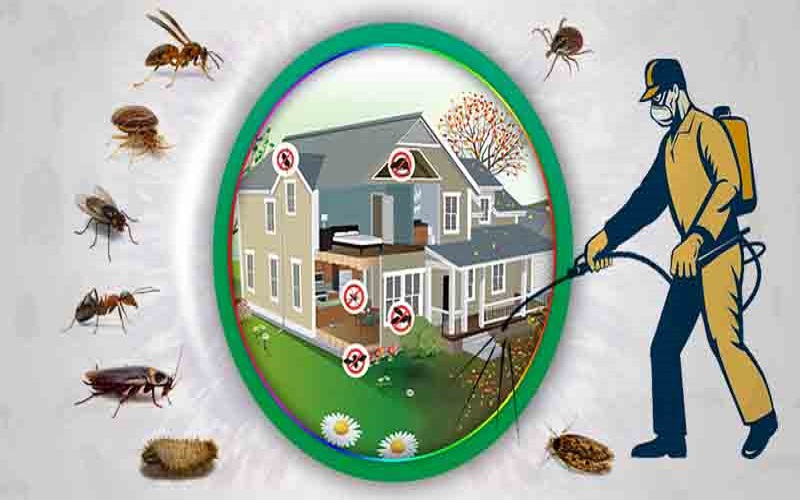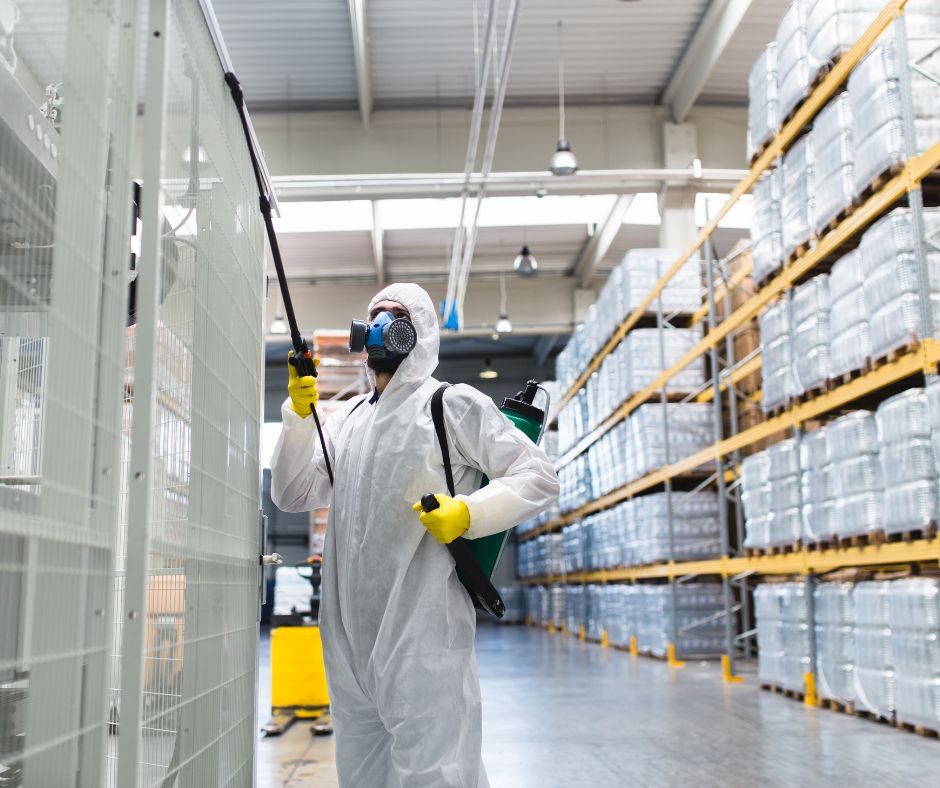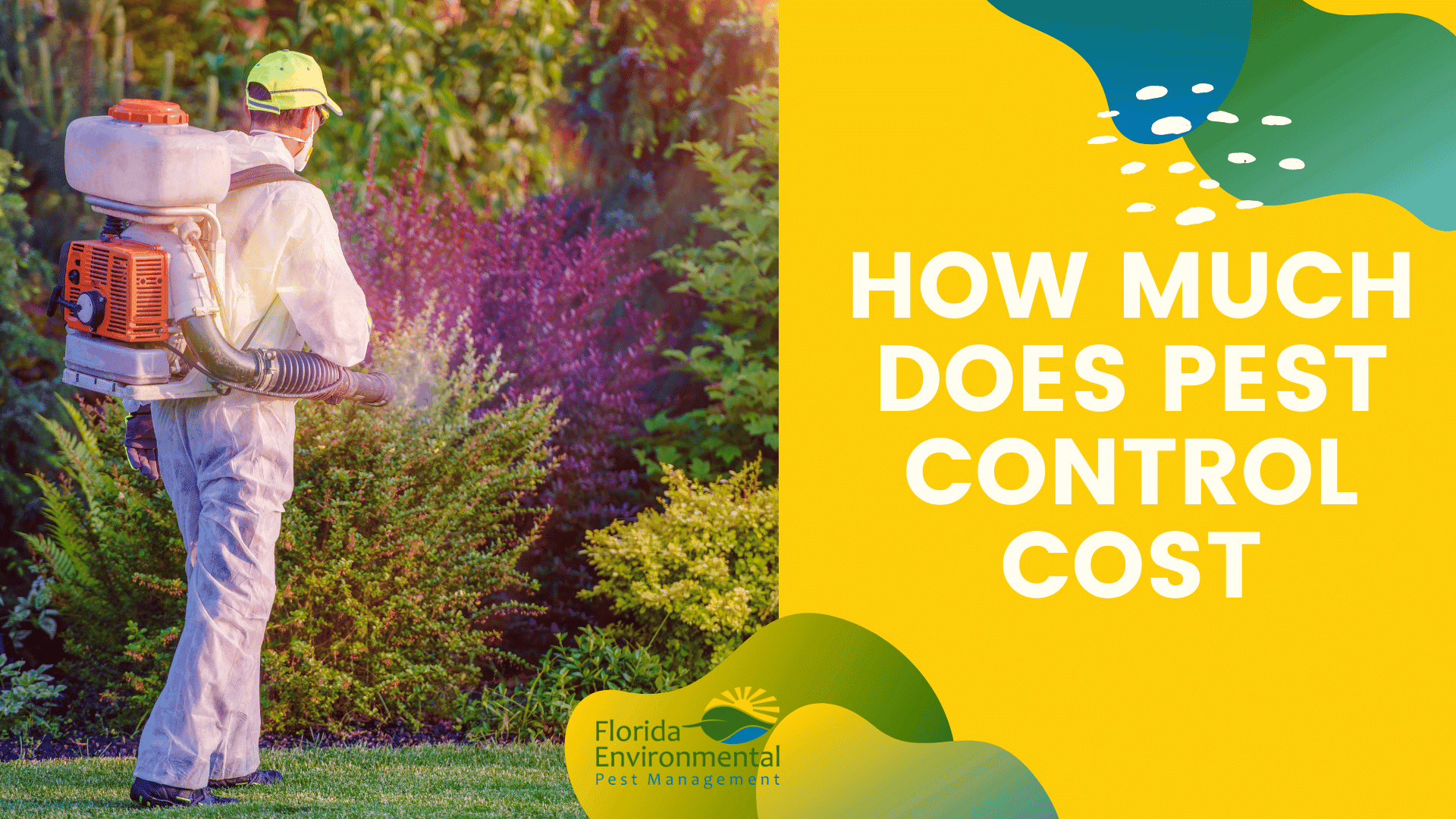Trusted Wildlife Removal Services in Port Charlotte to Securely Remove Pests
Discover the Significance of Pest Control in Maintaining a Healthy And Balanced Atmosphere and Treatment Strategies

The Function of Pests in Ecological Communities
Bugs, frequently watched exclusively as nuisances, play a multifaceted role in ecological communities that is important for keeping ecological balance. They add considerably to numerous ecological procedures, including pollination, nutrition biking, and insect control. For example, several insect varieties, such as butterflies and , are necessary pollinators for a wide variety of plants, which in turn supports biodiversity and food manufacturing.
Furthermore, parasites act as victim for many killers, creating an important web link in food webs. This interdependence makes sure the survival of numerous varieties and helps control populations within ecological communities (Termite treatment Port Charlotte). Furthermore, decomposer insects, such as specific beetles and fungis, contribute in breaking down raw material, thus enhancing dirt and promoting nutrient recycling.
On the other hand, while pests can be helpful, their overpopulation or intrusion into non-native atmospheres may interrupt these environmental functions. This complexity underscores the significance of understanding insect dynamics, as effective pest monitoring approaches have to take into consideration both their eco-friendly functions and prospective effects on human activities. Balancing pest visibility while decreasing damage is vital for protecting the integrity of ecosystems and making certain farming efficiency.
Health Risks Linked With Bugs
The presence of pests in numerous atmospheres extends past their environmental roles, as they additionally present significant wellness dangers to animals and human beings. Lots of insects, consisting of rodents, insects, and bloodsuckers, are service providers of illness that can have serious wellness ramifications. Rats are known to send hantavirus and leptospirosis, both of which can lead to serious respiratory system and renal concerns, respectively.
Bugs such as ticks and mosquitoes are notorious for spreading out vector-borne illness like jungle fever, dengue high temperature, and Lyme illness. These ailments can result in high morbidity and death prices, particularly in prone populaces. Additionally, insects like bedbugs and cockroaches can aggravate allergies and asthma, adding to respiratory system troubles in individuals, particularly those with pre-existing problems.
In addition, the presence of insects can cause emotional stress and discomfort, affecting general wellness. Contamination of food and surface areas by parasite droppings and remains can lead to foodborne diseases, highlighting the value of keeping hygienic problems. Therefore, understanding the wellness dangers related to insects is important in identifying the need of reliable bug monitoring approaches to guard animal and human health.

Advantages of Reliable Parasite Control
Effective insect control is essential for maintaining a risk-free and healthy and balanced setting, as it continually mitigates the various dangers related to bug problems. Among the key advantages of reliable parasite monitoring is the decrease of wellness hazards. Pests such as roaches, rodents, and mosquitoes are vectors for diseases that can affect both humans and pets. By regulating these populaces, the probability of illness transmission is substantially reduced.
Additionally, reliable insect control safeguards residential or commercial property and structures from house pest control spray damages. Numerous parasites, like termites and woodworker ants, can cause considerable structural damages that might require pricey repair work. By proactively taking care of these invasions, businesses and house owners can protect their financial investments.
Another considerable benefit is the improvement of general lifestyle. A pest-free environment contributes to psychological health and decreases anxiety connected with infestations. Moreover, reliable parasite control promotes a much safer setting for children and family pets, guaranteeing that homes continue to be refuges devoid of disease-causing organisms and damaging chemicals.
Common Insect Control Methods

In the world of bug administration, various strategies are utilized to combat problems successfully. These techniques can be generally classified into 3 additional hints primary approaches: social, mechanical, and chemical controls.
Cultural control entails customizing practices to lower insect survival, establishment, and recreation. This may consist of crop turning, proper hygiene, and habitat adjustment, which collectively develop an atmosphere much less for pest proliferation.
Mechanical control uses physical approaches to eliminate insects (Termite treatment Port Charlotte). Strategies such as barriers, vacuums, and traps are commonly used to directly eliminate bugs from a location. This strategy is specifically effective for managing rodents and insects without using dangerous chemicals
Chemical control entails the application of chemicals to take care of parasites. These materials can be classified right into herbicides, pesticides, and fungicides, each targeting certain sorts of bugs. It is vital to utilize these chemicals carefully, sticking to security guidelines and policies to reduce potential harm to non-target varieties and the setting.
Each parasite control method has its limitations and benefits, and usually, an incorporated technique integrating multiple methods generates the ideal lead to maintaining a pest-free environment.
Lasting Bug Administration Practices
Sustainable parasite administration methods encompass a variety of methods developed to minimize ecological effect while effectively regulating bug populations. These techniques focus on the use of ecologically pleasant methods over chemical pesticides, thus reducing the risk of damage to non-target varieties, including beneficial insects, wildlife, and humans.
Integrated Parasite Management (IPM) is a keystone of lasting techniques, incorporating biological, social, mechanical, and chemical methods to handle parasites. For example, biological control entails introducing all-natural killers or bloodsuckers to suppress insect populations. Cultural techniques, such as crop turning and polyculture, disrupt pest life cycles and boost ecosystem durability.
Mechanical methods, such as obstacles or traps, can successfully prevent insect accessibility without chemical treatment. Additionally, preserving healthy and balanced ecosystems with correct dirt management, plant health, and biodiversity can naturally alleviate parasite issues.
Education and understanding are crucial parts, encouraging communities and individuals to acknowledge bug hazards early and implement safety nets. Termite treatment Port Charlotte. By promoting an all natural strategy that stabilizes parasite control with eco-friendly integrity, lasting pest management practices not only safeguard crops and structures but also add to a healthier atmosphere for future generations
Conclusion

Understanding the health threats connected with pests is crucial in identifying the requirement of effective pest monitoring techniques to guard human next page and animal health and wellness.
Efficient bug control is necessary for maintaining a risk-free and healthy atmosphere, as it continually minimizes the countless risks linked with bug infestations.Integrated Parasite Administration (IPM) is a foundation of sustainable practices, incorporating organic, cultural, mechanical, and chemical strategies to manage insects. By comprehending the duty of parasites, acknowledging involved health and wellness threats, and utilizing varied treatment techniques, a sustainable method to pest administration can be accomplished. Integrated Bug Management (IPM) emphasizes a holistic technique that reduces harm to helpful organisms while successfully managing bug populaces.